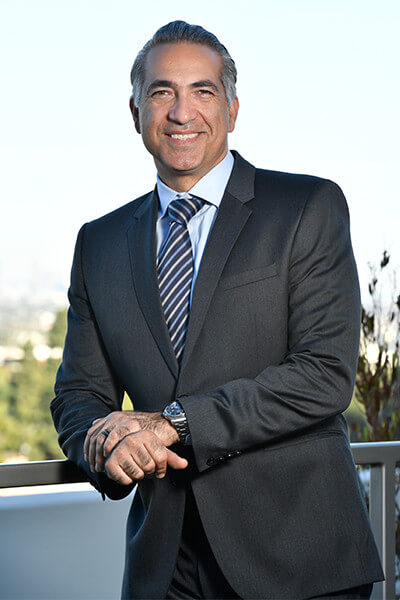By Michael H. Rosenstein, Esq.
If you’ve spent some time on CCA’s website, you’ve probably already noticed that we don’t charge our clients for our services. What is more, we forward all litigation costs on our clients’ behalves. You may be asking yourself, how does a law firm manage to stay in business without charging its clients? The answer is found in the Song-Beverly Act and its crucial fee-shifting provisions.
Under California’s “strongly pro-consumer” lemon law, the Song-Beverly Act, the vehicle manufacturers must pay a prevailing consumer’s attorneys’ fees, costs, and expenses. As our Supreme Court has held that an award of attorney fees, expenses and costs is the “primary financial benefit” the Act offers to consumers. (Murillo v. Fleetwood Enterprises, Inc. (1998) 17 Cal.4th 985, 994). In short, the Song-Beverly Act mandates that a vehicle manufacturer must pay for your lawyer if they’ve sold you a lemon.
The statutory basis for the Act’s fee-shifting provision is found in Civil Code § 1794(d), which states, “[i]f the buyer prevails in an action under this section, the buyer shall be allowed by the court to recover as part of the judgment a sum equal to the aggregate amount of costs and expenses, including attorney’s fees.” As a general matter, attorney fee awards should be “fully compensatory” (Ketchum v. Moses (2001) 24 Cal.4th 1122, 1133; Roth v. Plikaytis (2017) 15 Cal.App.5th 283, 290); absent special circumstances rendering the award unjust, parties who qualify for a fee should recover compensation for “all the hours reasonably spent” in successfully litigating the action and obtaining their fee. (Ketchum, at p. 1133; Roth, at p. 290; Hensley v. Eckerhart (1983) 461 U.S. 424, 430 [counsel for prevailing parties should be paid for all time reasonably expended on a matter]; see also Horsford v. Board of Trustees of California State University (2005) 132 Cal.App.4th 359, 394; Meister v. Regents of University of California (1998) 67 Cal.App.4th 437, 447.)
The court summarized the methodology specifically relating to the Act in Goglin v. BMW of North America, LLC (2016) 4 Cal.App.5th 462. The Act “‘requires the trial court to make an initial determination of the actual time expended; and then to ascertain whether under all the circumstances of the case the amount of actual time expended and the monetary charge being made for the time expended are reasonable. These circumstances may include, but are not limited to, factors such as the complexity of the case and procedural demands, the skill exhibited and the results achieved. If the time expended or the monetary charge being made for the time expended are not reasonable under all the circumstances, then the court must take this into account and award attorney fees in a lesser amount. A prevailing buyer has the burden of “showing that the fees incurred were ‘allowable,’ were ‘reasonably necessary to the conduct of the litigation,’ and were ‘reasonable in amount.’” (Goglin, at p. 470).
The fee-shifting provisions of the Song-Beverly Act level the playing field between consumers and manufacturers by allowing consumers to retain exceptional lawyers to represent them, at the manufacturers’ expense. As our Supreme Court described in, Murillo v. Fleetwood Enterprises, Inc., supra, 17 Cal.4th at p. 990; the provision for recovery of costs and attorney fees in the Act is an “important aspect of … consumer protection”; it removes the disincentive buyers might face when deciding whether to hire a lawyer, giving “‘injured consumers strong encouragement to seek legal redress in a situation in which a lawsuit might not otherwise have been economically feasible’”
In short, the Song-Beverly Act provides strong tools for consumers that have been saddled with defective or unfixable vehicles. One of the most important tools is the Act’s fee-shifting provision, which allows consumers to retain exceptional legal counsel at no cost to them.
If you’re a consumer suffering through repeat repairs or an attorney that needs assistance with the Song-Beverly Act, call us to learn how our expert legal team can assist you: (833) LEMON-FIRM.

